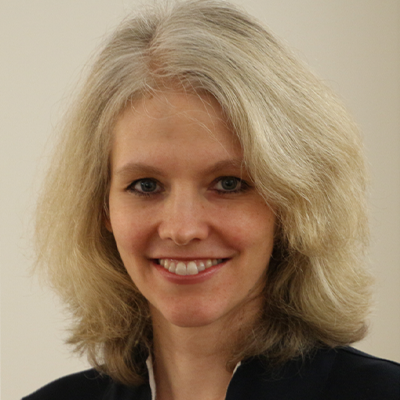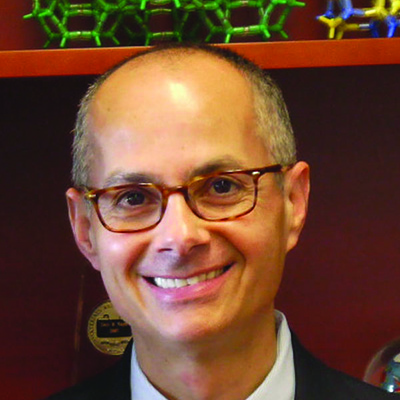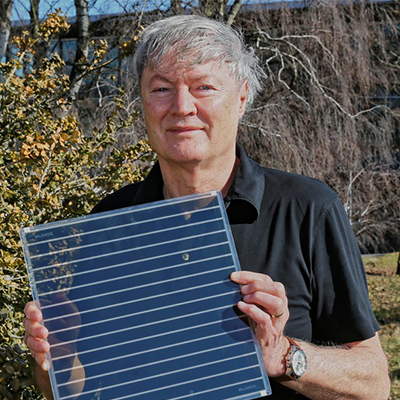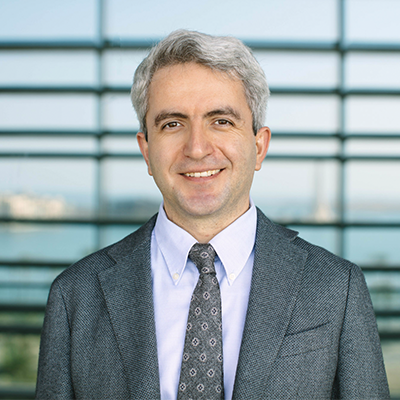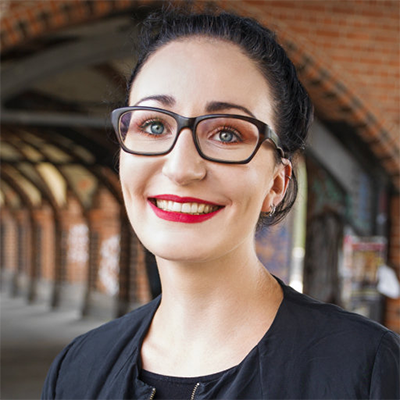Prof. Dr. Bettina V. Lotsch
Prof. Dr. Bettina V. Lotsch is the director of the Max Planck Institute for Solid State Research and an honorary professor at the Ludwig Maximilian University of Munich. Her research focuses on rational materials synthesis at the interface between solid-state chemistry, materials chemistry and nanochemistry, including colloidal hybrid frameworks, two-dimensional solids and tunable photonic crystals.

